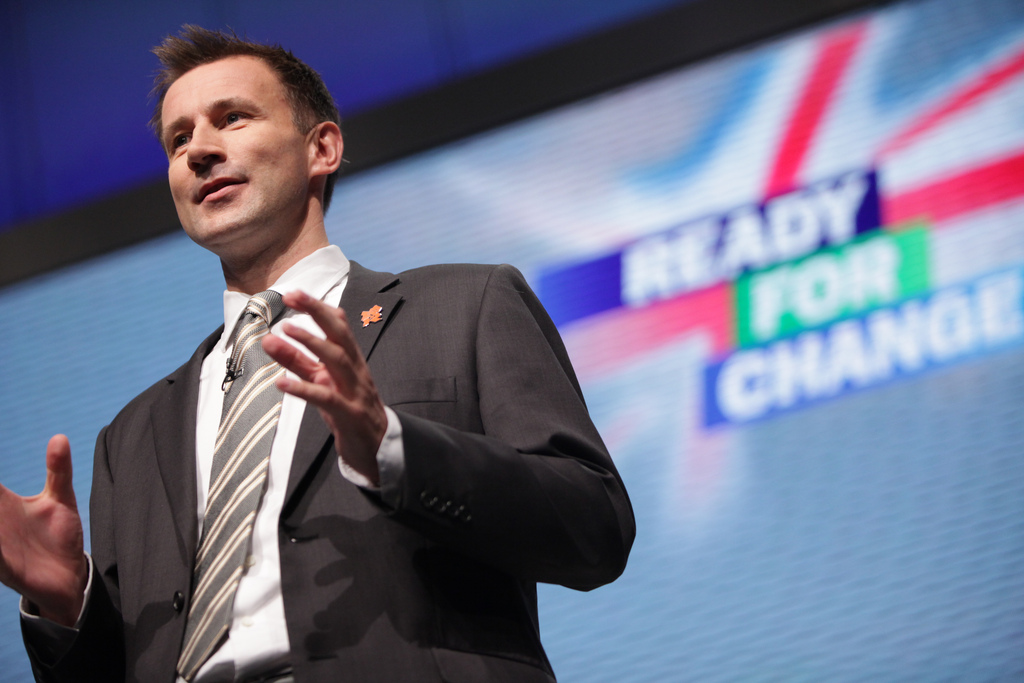5 Peculiar Aspects of the Modern Conservative Party
by Carl Rowlands
22 March 2016

With the Conservatives rocked by the first high-level ministerial resignation of this government, and cracks emerging over the question of Europe, it’s a good time to examine some aspects of the modern Conservative party that tend to be overlooked.
1. On one level, it’s barely ‘conservative’.
Despite their gilded backgrounds, it would be more accurate to describe the leadership team of David Cameron and George Osborne – and others, such as Michael Gove and Oliver Letwin – as representing a form of post-Blairite ‘liberal unionism’ (as in British unionism) rather than conservatism as popularly conceived.
Their self-image, and how they regard themselves, is important – as a reforming, yet electorally-successful administration. Although their reforms to welfare, student funding and housing are considered by most to be indicative of a move to a small-state version of Thatcherism, leading Tories – whether upper-class or not – also see themselves as part of a civil tradition which extends back to the domestic policy of Neville Chamberlain (who disliked the label ‘Conservative’ – and who Cameron most obviously echoed in his remarks regarding the ‘effing Tories’).
For the overwhelming majority of leading Tories, their ‘progressivism’ is liberal mercantilist; they are based in the corporate class, rather than the lower-middle class suburbia that provides the bulk of their 11.3m votes. The economic mixture of ruling class aggression and reckless speculation, with elements of consolidation for some of the more prosperous yet fretful working class, bears close comparison with the politics of the 1920s and 1930s.
The blurring and constant reinvention of certain tropes provides Tories with the flexibility they need in order to strip some of the more popular items from the opposition, and sometimes confound a narrative of being uncaring, when politically necessary. Attacking Labour from the ‘left’ – for example, highlighting the low numbers of council houses built between 1997 and 2010 – provides an ideally low benchmark for assessing Conservative efforts in relation to social questions such as housing or homelessness.
2. It’s a trap on one side…
This economic liberalism and the accompanying belief in progress and ‘virtue’ has prepared the ground for what may look like a winning counter-attack based upon degrees of social conservatism and vague forms of protectionism. Whilst such a combination appear attractive to electorally-fixated Labour politicians, Labour’s ability to convincingly represent any form of social conservatism is brutally compromised by the background and composition of Labour itself – a fact the Conservative leadership fully understands.
There is plenty of evidence to suggest that Tories have thought long and hard about how to ensnare Labour within its own post-Blair limitations, and that ‘Blue Labour’ – with its brain-melting contradictions and post-intellectual intellectualism – is exactly the kind of maze that the Tories would enjoy watching Labour wander around in.
3. …and it’s a trap on the other.
Conversely, the Tories have succeeded in reinforcing an existing discourse around welfare, as described by James Meek, whereby fairness becomes re-interpreted through a prism of resentment and displacement. Any attempt to offer a degree of social liberalism in conjunction with a moderately adjusted, less-harsh economics will trigger a ferocious response from the ‘aggressive’, rawer forms of conservatism represented by the party rottweilers in contrast to the smooth-suited liberal unionist leadership.
If Labour can only offer a single, slightly more compassionate, yet eminently technocratic voice, it will be ripped apart by a Tory narrative which exploits its dominance of the mass media, but which also exists as part of a genuine polyphony – for example, the harmonising of a scrounger narrative, a ‘compassionate conservative’ narrative and a focus upon the selected interests of ‘working people’. The Tories are able now to represent a form of politics as protest.
4. The numbers don’t matter that much – but the confidence does.
The Tory membership may be old and small, but there are young members – many of them with confidence that a raw, red-meat form of libertarian conservatism can prevail. The 2015 election result perhaps indicates definitively that the number of members is less significant for Conservatives than other parties. The Thatcher revolution still provides a salient example of a very small number of people changing the direction of a country. Tories don’t need a mass social movement as conventionally conceived, but they do need the subterranean discourses of cultural discontent and reaction.
5. Everything that is solid is air.
The amorphous nature of his politics has made Cameron hard to pin down, with his mannerisms and bluster concealing a political astuteness on the level of Harold Wilson, and – unlike Wilson – an ability to reflect and consider carefully among well-selected advisers.
Regardless of short-term developments, the ability to effect sudden changes of tone and shifts in emphasis are likely to be demonstrated frequently over next few years, as Tories seek to entrench messages among different pockets of the electorate. This is not so much triangulation as drawing upon different forms of conservatism, of lighter and darker hues, and coordinating these to maximise electoral potential. Effective opposition to Conservatives – which may later truly threaten their grip on Westminster – may depend on the ability to orchestrate and harmonise a similarly diverse set of messages, drawing coherence and cogency from wide-ranging, diverse ideological traditions within the labour, union and other social movements.
Photo: Paul Toeman/Flickr
–
If you want to support media for a different politics, you can donate or subscribe to Novara Media at support.novaramedia.com.